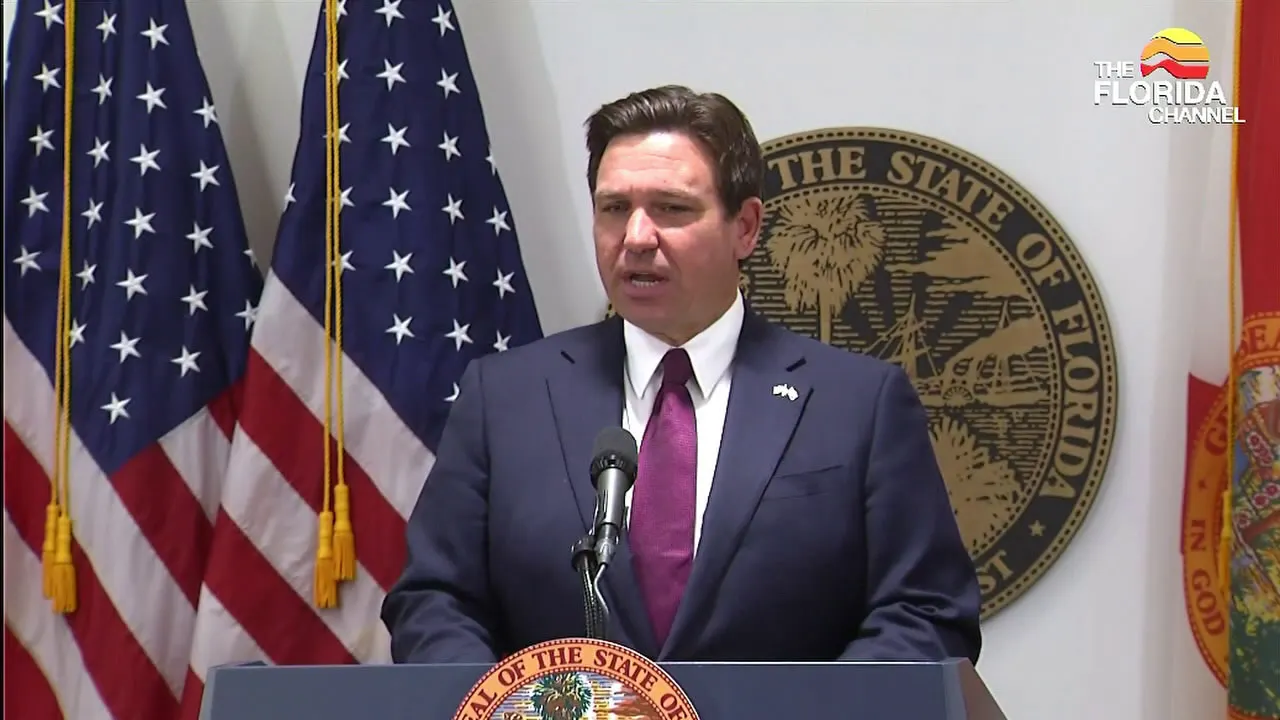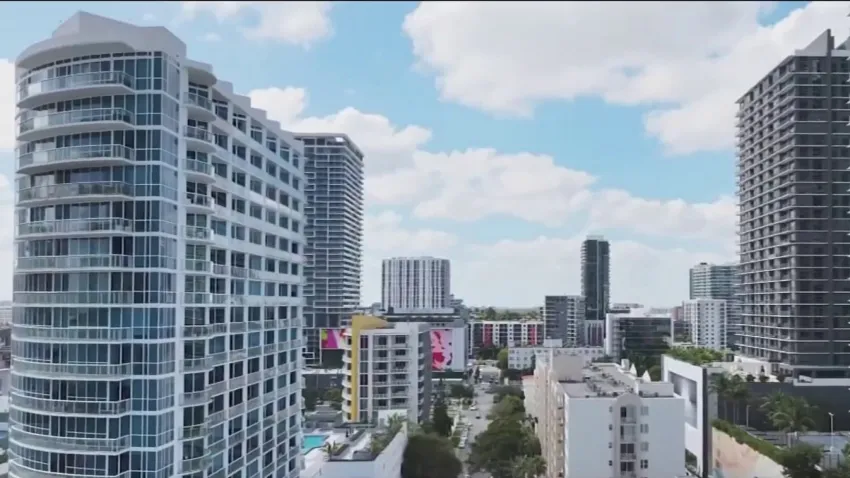DeSantisRon DeSantis
As Florida’s 2025 legislative session draws to a close, lawmakers are finalizing a series of crucial bills. While the session may be extended to address the state budget, attention is already focused on the key pieces of legislation that have made it through both chambers. If signed into law by Governor Ron DeSantis, these bills will take effect on July 1, 2025. Here’s a look at five laws that could affect residents across the state.
Heart Screenings for Student Athletes
One of the most significant measures on the table addresses the health and safety of Florida’s student athletes. If signed, this law will mandate electrocardiograms (ECGs) for public high school athletes before they can participate in any sports activities. This includes practices, tryouts, workouts, and even offseason conditioning.
The need for heart screenings became starkly clear in Miami-Dade County earlier this year, when a private school athlete tragically collapsed from sudden cardiac arrest. In response, the school board voted to require heart screenings for local high school athletes.
Dr. Madeleen Mas, the director of Pediatric Cardiology at Holtz Children’s Hospital, explained the life-saving potential of such screenings: “Screening about 333 athletes will pick up about one patient that may have a potential life-threatening disease, so absolutely, it’s worth it when you think of the number of athletes in our county.”
Condo Safety Reforms: Striking a Balance

The tragedy of the Champlain Towers South collapse in 2021, which killed 98 people in Surfside, still looms large in the minds of many Floridians. In response, lawmakers introduced reforms to condo safety laws. The 2022 law mandated that condo associations maintain sufficient reserves for repairs and perform a survey of those reserves every decade.
However, the law’s financial burden on condo owners has been significant. Lawmakers have proposed further changes to allow associations more flexibility and alleviate the costs faced by residents, while ensuring that safety measures remain intact.
State Senator Jennifer Bradley, one of the bill’s sponsors, emphasized that these changes would not compromise safety: “Without moving one step backwards on safety, this bill provides options, flexibility, and relief so condo owners and associations can prioritize the most important repairs first.”
Tackling Scalping of DMV Appointments
In a win for fairness and accessibility, the Florida Legislature has passed a law aimed at curbing the rampant scalping of DMV and tax collector service appointments. This issue has plagued residents, especially in Miami-Dade, where scalpers were booking appointments for free and selling them at inflated prices, causing frustration and long delays for the public.
Miami-Dade Tax Collector Dariel Fernandez hailed the passage of HB 0961, calling it an essential step in ensuring fairness: “This unanimous passage of HB 0961 is a crucial victory for Floridians who were being exploited by scalpers.”
Fluoride-Free Water: A Statewide Debate

The Florida House has given final approval to a controversial bill that would ban local governments from adding fluoride to public water supplies. With the bill’s passage, Florida could join Utah in ending the decades-old practice of water fluoridation, which is intended to improve dental health.
Governor DeSantis, along with state Surgeon General Joseph Ladapo, has expressed support for the bill, arguing that the decision should be left to individuals rather than mandated by the state. If the governor signs the bill, Florida will become the first state in the Southeast to ban fluoride in public water.
The bill’s passage has sparked debate in several cities, including Miami-Dade, where residents have long benefited from fluoride in their water. However, proponents of the bill argue that it’s time to reevaluate the practice in light of ongoing concerns about its safety and effectiveness.
Protecting Florida’s State Parks
In response to public outcry, Florida lawmakers are taking steps to protect the state’s natural parks from commercialization. The newly proposed bill would prevent the construction of pickleball courts, golf courses, and hotel developments on state park land.
The bill passed unanimously in the Florida House and is now awaiting DeSantis’ signature. The governor, who has distanced himself from the controversial proposal in the past, has yet to indicate whether he will sign it. The backlash came last summer when there were plans to introduce these developments on state park land, which would have faced significant opposition from environmental groups and the public.
In conclusion, while these bills still await DeSantis’ approval, they reflect the state’s evolving priorities in areas like public health, infrastructure, and environmental protection. As Florida’s legislative session comes to an end, these measures could have far-reaching effects on residents, and only time will tell how they will shape the state’s future.



